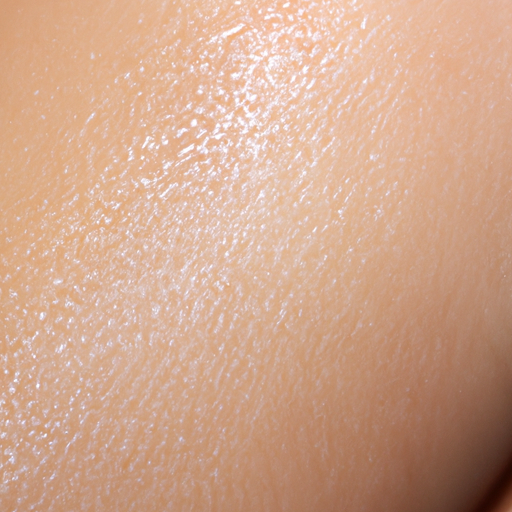As a dermatologist, I have encountered countless patients who struggle with oily skin. This skin type is characterized by an overproduction of sebum—an oily substance produced by the body’s sebaceous glands. While sebum is essential for keeping the skin healthy and moisturized, too much of it can lead to a shiny complexion, enlarged pores, and frequent breakouts. Despite these challenges, the good news is that oily skin can be managed effectively using natural methods. Here’s your ultimate guide to healing oily skin naturally.
Firstly, it’s important to understand that oily skin is not your enemy. It’s a natural skin type that can be managed with the right care and lifestyle changes. The key is to balance the oil production without stripping the skin of its natural oils, which can actually cause the skin to produce more oil in response.
One of the most effective ways to manage oily skin naturally is through diet. Consuming a balanced diet rich in fruits, vegetables, lean proteins, and whole grains can help regulate your skin’s oil production. Foods high in vitamins A and C, zinc, and omega-3 fatty acids are particularly beneficial for oily skin. These nutrients help reduce inflammation, promote healthy skin cell turnover, and regulate sebum production. Avoiding processed foods, sugars, and unhealthy fats can also help prevent excessive oil production.
Hydration is another crucial factor in managing oily skin. Drinking plenty of water helps flush out toxins from the body, which can reduce oil production and prevent breakouts. Additionally, using a lightweight, oil-free moisturizer can help keep your skin hydrated without adding extra oil.
Regular exercise is also beneficial for oily skin. When you exercise, you sweat, which helps clear out your pores and reduce oiliness. Just make sure to cleanse your face after exercising to prevent sweat and dirt from clogging your pores.
In terms of skincare routine, it’s important to cleanse your face twice a day with a gentle, oil-free cleanser. Over-cleansing can strip your skin of its natural oils and trigger more oil production. Exfoliating once or twice a week can also help remove dead skin cells and unclog pores, reducing oiliness and preventing breakouts.
Natural ingredients like tea tree oil, witch hazel, and aloe vera have been shown to be effective in managing oily skin. Tea tree oil has antibacterial properties that can help prevent acne, while witch hazel acts as a natural astringent to reduce oiliness. Aloe vera is known for its soothing and moisturizing properties, making it a great natural remedy for oily skin.
Lastly, stress management plays a significant role in skin health. Stress can trigger hormonal changes that increase sebum production. Therefore, incorporating stress management techniques like yoga, meditation, or deep breathing exercises into your daily routine can help manage oily skin.
In conclusion, while dealing with oily skin can be challenging, it’s entirely possible to manage it naturally. By adopting a healthy diet, staying hydrated, exercising regularly, following a gentle skincare routine, using natural remedies, and managing stress, you can achieve a balanced complexion that radiates health and beauty. Remember, everyone’s skin is unique, so it may take some trial and error to find what works best for you. If you continue to struggle with managing your oily skin, don’t hesitate to consult with a dermatologist for personalized advice.



